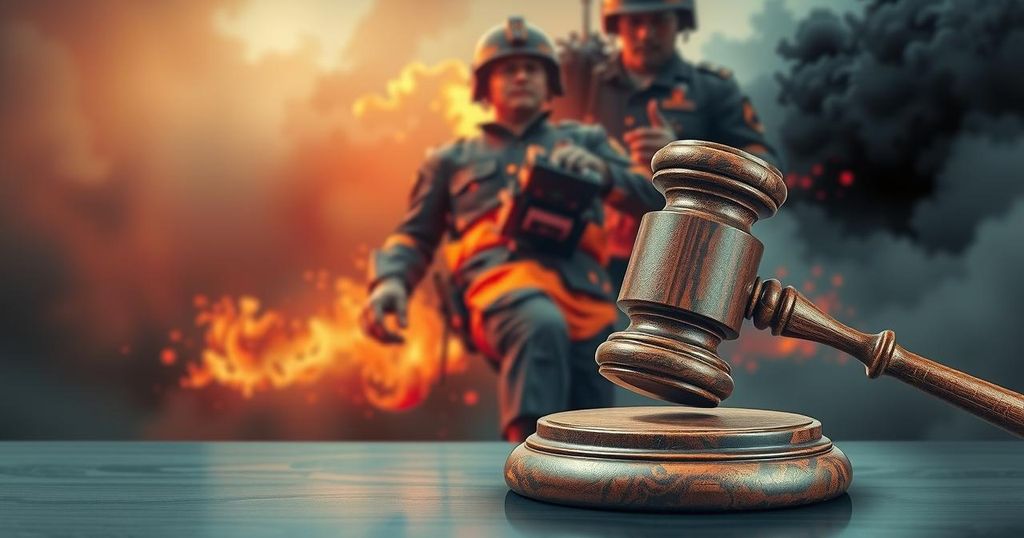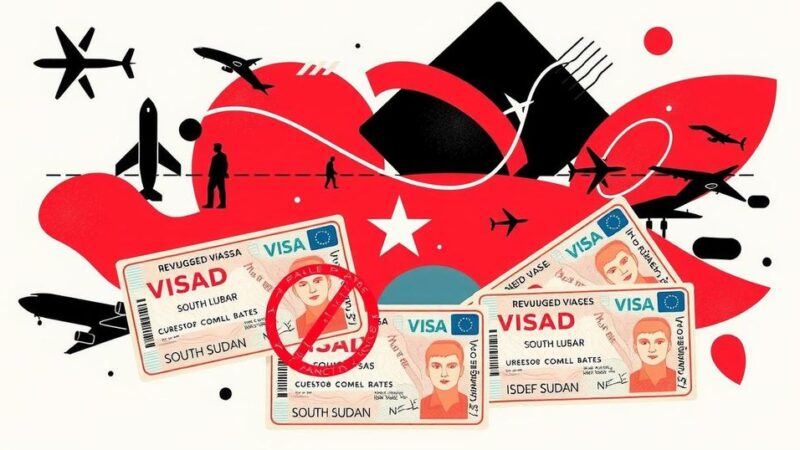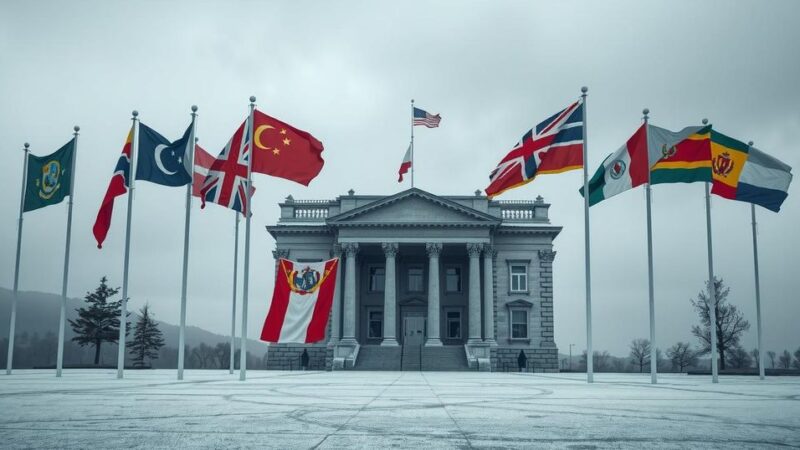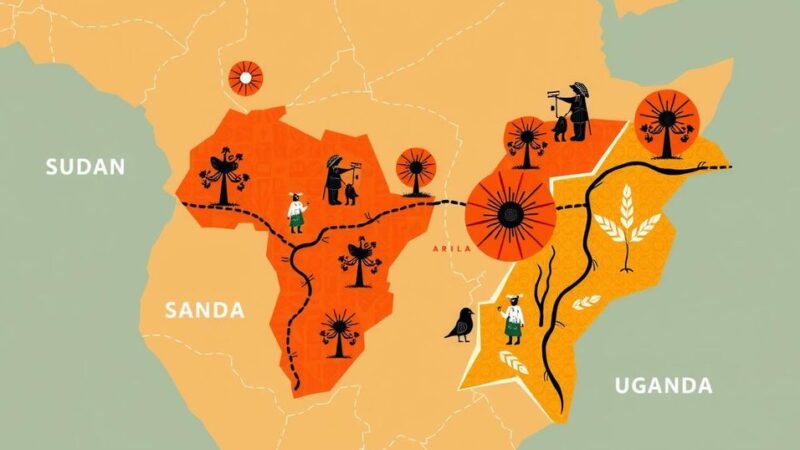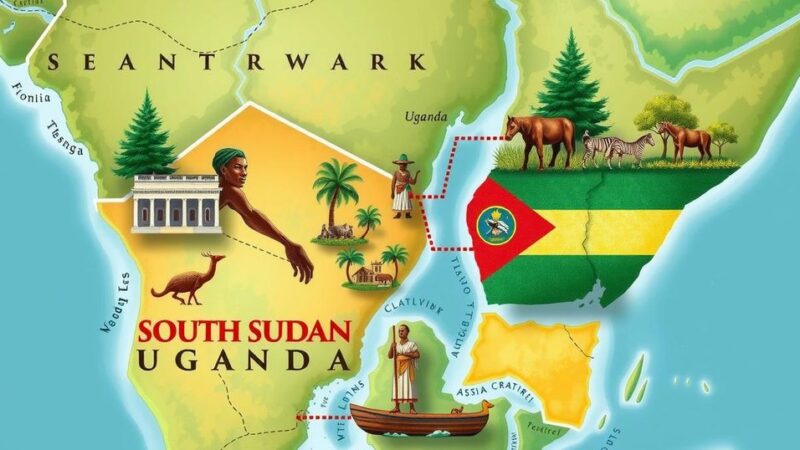President Gustavo Petro has declared emergency powers in Colombia’s Catatumbo region, where violence from rival armed groups has killed over 80 people and displaced more than 32,000. The decree allows for curfews and other restrictive measures without legislative approval, as peace talks with the ELN have been suspended. Human rights groups are calling for urgent protective actions for civilians amid the escalating crisis.
Colombia’s President Gustavo Petro has declared emergency powers in response to escalating violence in the Catatumbo region, which borders Venezuela. This decree grants him the authority to implement measures such as curfews and traffic restrictions, bypassing traditional civil rights and legislative processes. Over 32,000 individuals have been displaced, primarily due to conflict between the National Liberation Army (ELN) and dissident factions of the Revolutionary Armed Forces of Colombia (FARC), which are competing for control of drug-trafficking routes.
The violence in Catatumbo has resulted in numerous fatalities, with at least 80 reported deaths in recent weeks. Local residents have described alarming tactics by armed groups, including home raids and indiscriminate attacks. In light of this crisis, the Colombian government has suspended peace talks with the ELN, which previously sought negotiations with the state to address long-standing conflicts.
President Petro, who assumed office in 2022, has a history of advocating for peace following decades of conflict in Colombia. Despite earlier successes in reducing violence, internal rivalries among rebel factions and confrontations with the military have persisted. The government has responded by deploying additional soldiers to the region and reissuing arrest warrants for ELN leaders.
International human rights organizations, including Amnesty International, have urged the government to take urgent measures to safeguard civilians amidst escalating threats. In response to these concerns, UN Secretary-General Antonio Guterres has called for an immediate end to violence against civilians and emphasized the importance of ensuring humanitarian access in affected regions.
The displacement crisis has forced many residents to seek refuge, with some fleeing to neighboring Venezuela and others relocating to Colombia’s Norte de Santander. Aid organizations have reported a surge in displaced families arriving in this region, carrying minimal belongings and uncertain futures. Health officials are also increasingly worried about potential disease outbreaks due to overcrowded conditions in shelters.
The Catatumbo region of Colombia has been the focal point of intense armed conflict, primarily involving the ELN and rogue factions of the FARC. Following a historical peace agreement with FARC in 2016, several splinter groups emerged, continuing to engage in violence over lucrative drug-trafficking routes. The Colombian government, under President Gustavo Petro, has struggled to manage these tensions while attempting to pursue peace agreements and protect civilians in affected areas. This recent surge in violence has triggered an alarming humanitarian crisis, forcing thousands to flee their homes. Amid rising casualties and civilian insecurity, international and local authorities have called for immediate interventions to protect human rights and ensure humanitarian responses are effective in the region.
In summary, the emergency powers enacted by President Gustavo Petro aim to address the severe violence in the Catatumbo region, which has already displaced over 32,000 people amidst clashes between armed groups. The situation remains critical, with ongoing concerns about civilian safety and the humanitarian crisis that continues to unfold. The international community has urged coordinated efforts to restore order and protect vulnerable populations, emphasizing the need for immediate action to avert further deterioration in this volatile area.
Original Source: www.aljazeera.com
